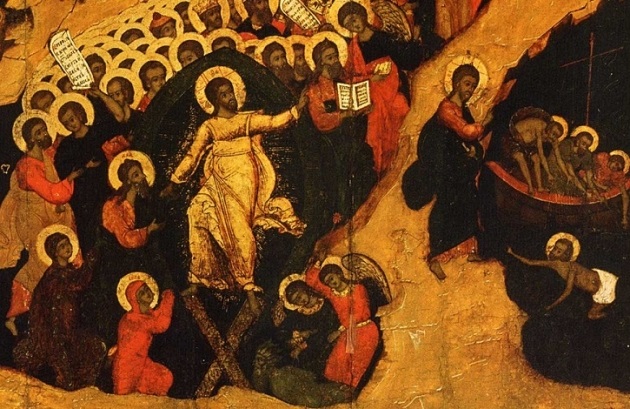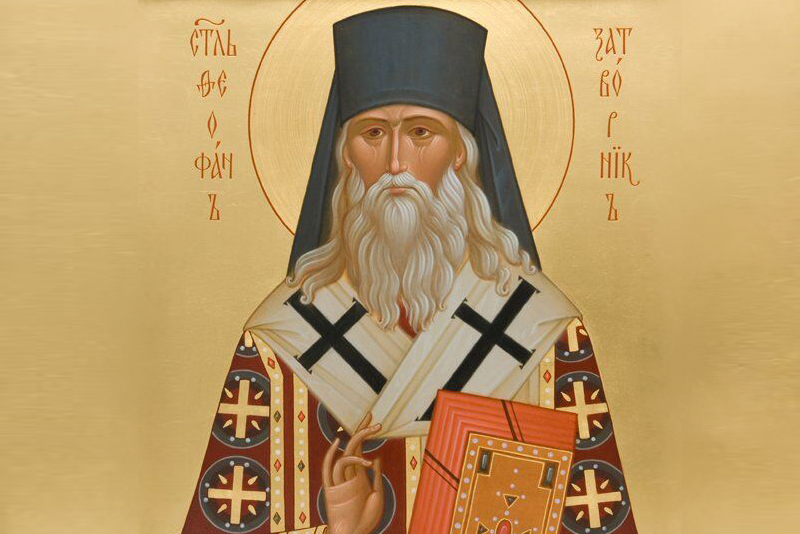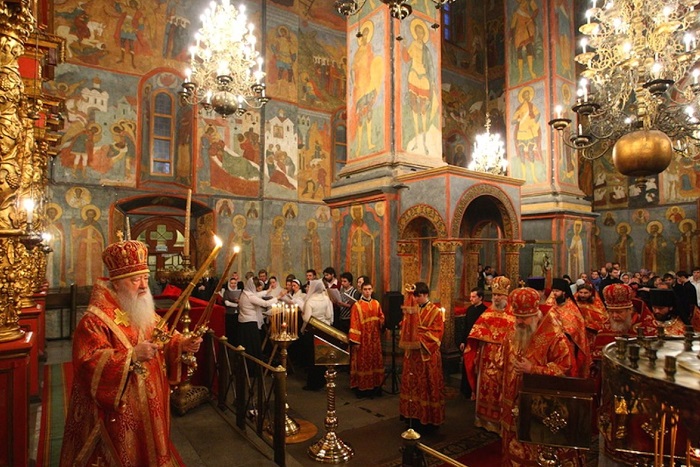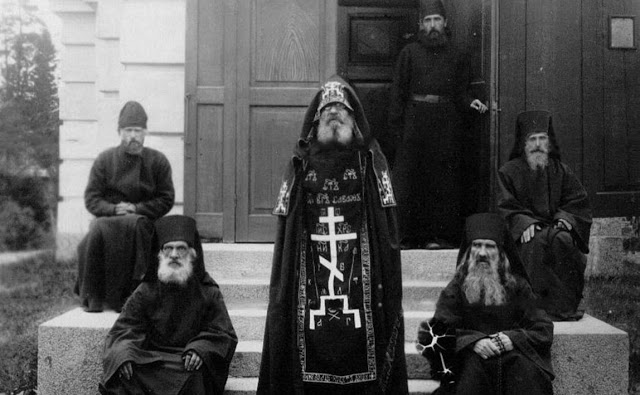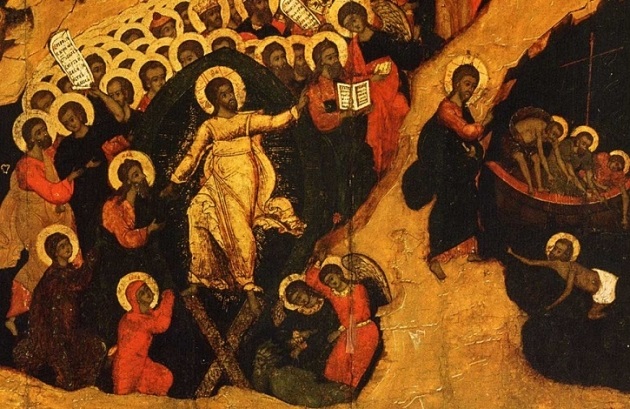
St. Ephrem the Syrian (306-373) was born in the region of Nisibis. He eventually found himself later on in life in the region of Edessa. There he founded the “school of the Persians,” a school for refugees, which later became a very important theological center for the entire Syriac-speaking Christian world. While the main subject of study in this school was the Holy Scriptures, a significant
emphasis was also attached to church singing and recitation. With this in mind Ephrem composed his exegetical treatises as well as a host of poems for the school on theological, ethical, historical, and ecclesiastical themes.
emphasis was also attached to church singing and recitation. With this in mind Ephrem composed his exegetical treatises as well as a host of poems for the school on theological, ethical, historical, and ecclesiastical themes.
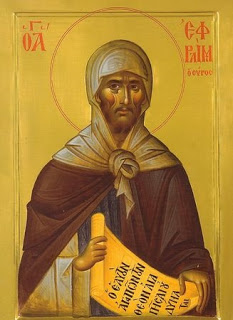
The most detailed account of the descent can be found in the “Nisibene Hymns” (Carmina Nisibena), written in the form of a madrasha. As such, the “Nisibene Hymns” are characterized by a regular syllabic rhythmical pattern, which makes them suitable for congregational singing. In each hymn, stanzas in a fixed meter end in a common refrain (‘onitha). Hymns 35-42 are of particular interest to us as they are collected under the general title, “On Our Lord, Death, and Satan.”These are treated as a thematically unified whole along with hymns 52-68, which follow under the common title, “On Satan and Death” and are also connected with our subject.
In these works many strophes, and therefore much importance, are given to monologues by the chief actors—Sheol, Satan, and Death—and to dialogues between them. (Similar dialogues are found in the “Gospel of Nicodemus” and in the “Questions of Bartholomew” et al.) Hymn 36 contains a monologue by Death, who boasts that no one has escaped his power, be they prophets or priests, kings or warriors, rich or poor, wise or foolish, old or young. There were only two escapees: Enoch and Elijah. In searching for them Death goes “to the place where Jonah came down,” but even there they cannot be found. Death’s monologue is suddenly shattered by a vast panorama of the resurrection:
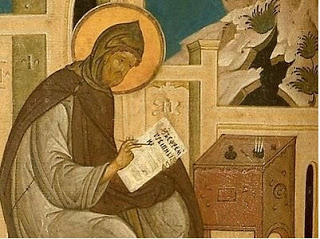
Our Lord subjected his might, and they seized him so that through his living death he might give life to Adam. He gave his hands to be pierced by nails to make up for the hand which plucked the fruit; he was struck on his cheek in the judgment room to make up for the mouth that ate in Eden; and while Adam’s foot was free his feet were pierced; our Lord was stripped that we might be clothed; with gall and vinegar he sweetened the poison of the serpent which had bitten man.
Blessed is he who has conquered me and brought life to the dead to his own glory (Refrain written on behalf of death)!
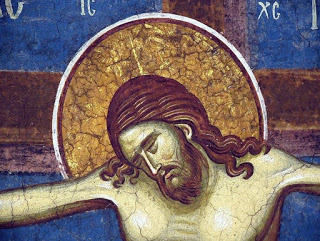
Death’. “If you are God, show your might, and if you are man, make trial of our might! Or if it is Adam you are wanting, be off: he is imprisoned here because of his debts; neither cherubim nor seraphim are able to secure his release: they have no mortal amongst themselves to give himself up for him. Who can open the mouth of Sheol, dive down and bring him up from thence, seeing that Sheol has swallowed him up and holds him tight for ever?”
Blessed is he who has conquered me and brought life to the dead to his own glory!
“It was I who conquered all the sages; I have them heaped up in the corners of Sheol. Come and enter, son of Joseph, and look at the horrors; the limbs of the giants, Sampson’s huge corpse, the skeleton of cruel Goliath; there is Og, the son of the giants, too, who made a bed of iron, where he reclined: I cast him off it and threw him down, I leveled that cedar at Sheol’s gate.”
Blessed is he who has conquered me and brought life to the dead to his own glory!
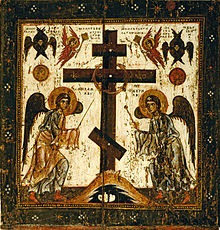
“I alone have conquered many, and now the Only-begotten (ihidaya) seeks to conquer me! I have led off prophets, priests, and heroes, I have conquered kings with their array, giants with their hunts, the just with their fine deeds—rivers full of corpses I cast into Sheol, who remains thirsty no matter how many I pour in! Whether a man is near or far, the final end brings him to Sheol’s gate.”
Blessed is he who has conquered me and brought life to the dead to his own glory!
“I have spurned silver in the case of the rich and their presents have failed to bribe me; owners of slaves have never enticed me to take a slave in place of his owner, or a poor man in place of a rich, or an elder in place of a child. Sages may be able to win over wild animals, but their winning words do not enter my ears. All may call me ‘hater of requests,’ but I simply perform what I am bidden.”
Blessed is he who has conquered me and brought life to the dead to his own glory!
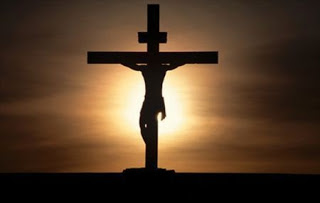
“Who is this? Whose son? And of what family is this man who has conquered me? The book with the genealogies is here with me— I have begun and taken the trouble to read all the names from Adam onward, and none of the dead escapes me; tribe by tribe they are all written down on my limbs. It is for your sake, Jesus, that I have undertaken this reckoning, in order to show you that no one escapes my hands.”
Blessed is he who has conquered me and brought life to the dead to his own glory!
“There are two men—I must not deceive— whose names are missing for me in Sheol: Enoch and Elijah did not come to me; I looked for them in the whole of creation, I even descended to the place where Jonah went, and groped around, but they were not there; and when I thought they might have entered paradise and escaped, there was the fearful cherub guarding it. Jacob saw a ladder: perhaps it was by this that they went up to heaven.”
Blessed is he ’who has conquered me and brought life to the dead to his own glory!
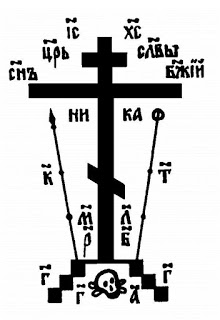
“Who has measured out the sea sand and only missed two grains? As for this harvest, with which illnesses like harvesters are daily busied, I alone carry the sheaves and bind them up. Sheaf-binders in their haste leave sheaves, and grape pickers forget whole clusters, but only two small bunches have escaped me in the great harvest that I have been gathering in by myself”
Blessed is he who has conquered me and brought life to the dead to his own glory!
“It is I,” says Death, “who have made all kinds of catches on sea and land: the eagles in the sky come to me, so do the dragons of the deep, creeping things, birds and beasts, old, young and babes; all these should persuade you, Son of Mary, that my dominion reigns over all. How can your cross conquer me, seeing that it was
through the wood that 1 was victorious and conquered at the beginning?”
through the wood that 1 was victorious and conquered at the beginning?”
Blessed is he who has conquered me and brought life to the dead to his own glory!
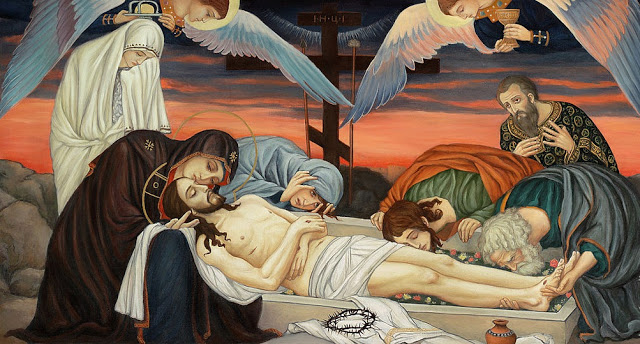
“I should like to say much more— for I do not have any lack of words!— but there is no need for words, for deeds cry out close by; I do not, like you, promise hidden things to the simple, saying that there will be a resurrection; when, I ask, when? If you are so very strong, then give a pledge on the spot so that your distant promise may be believed.”
Blessed is he who has conquered me and brought life to the dead to his own glory!
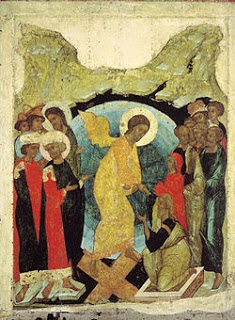
Death finished his taunting speech and our Lord’s voice rang out thunderously in Sheol, tearing open each grave one by one. Terrible pangs seized hold of Death in Sheol; where light had never been seen, rays shone out from the angels who had entered to bring out the dead to meet the Dead One who has given life to all. The dead went forth, and shame covered the living who had hoped they had conquered him who gives life to all.
Blessed is he who has conquered me and brought life to the dead to his own glory!
“Would I were back in Moses’ time,” says Death, “he made me a feast day; for that lamb in Egypt gave me the first fruits from every house; heaps upon heaps of firstborn were piled up for me at Sheds gate. But this festal Lamb has plundered Sheol, taken his tithe of the dead and led them off from me. That lamb filled the graves for me, this one empties the graves that had been full.”
Blessed is he who has conquered me and brought life to the dead to his own glory!
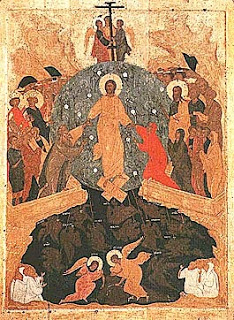
“Jesus’ death is a torment to me, I wish I had chosen to let him live: it would have been better for me than his death. Here is a dead man whose death I find hateful; at everyone else’s death I rejoice, but at his death I am anxious, and I expect he will return to life: during his lifetime he revived and brought back to life three dead people. Now through his death the dead who have come to life again trample me at Sheol’s gates when I go to hold them in.”
Blessed is he who has conquered me and brought life to the dead to his own glory!
“I will run and close the gates of Sheol before that Dead One whose death has plundered me. He who hears of it will wonder at my humiliation, because I have been defeated by a dead man outside: all the dead want to go outside, and he is pressing to enter. The medicine (In the Syriac tradition it is a symbol of Christ) of life has entered Sheol and brought its dead back to life. Who is it who has introduced for me and hidden the living fire in which the cold and dark wombs of Sheol melt?”
Blessed is he who has conquered me and brought life to the dead to his own glory!
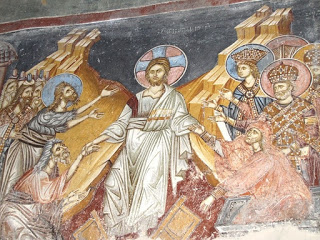
Death saw angels in Sheol, immortal beings instead of mortal, and he said: “Trouble has entered our abode. On two accounts am I tormented: the dead have left Sheol, and the angels, who do not die, have entered it—one has entered and sat at the head of his grave, another, his companion, at his feet. I will ask and request him to take his pledge (rahbona) and go off to his kingdom.”
Blessed is he who has conquered me and brought life to the dead to his own glory!
“Do not reckon against me, good Jesus, the words I have spoken, or my pride before you. Who, on seeing your cross, could doubt that you are truly man? Who, when he sees your power, will fail to believe that you are also God? By these two indications I have learned to confess you both Man and God. Since the dead cannot repent in Sheol, rise up among the living, Lord, and proclaim repentance.”
Blessed is he who has conquered me and brought life to the dead to his own glory!
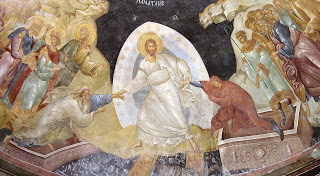
“Jesus king, receive my request, and with my request, take your hostage, carry off, as your great hostage, Adam in whom all the dead are hidden— just as, when I received him, in him all the living were concealed. As first hostage I give you Adam’s body, ascend now and reign over all, and when I hear your trumpet call, with my own hands will I bring forth the dead at your coming.”
Blessed is he who has conquered me and brought life to the dead to his own glory!
Our living King has arisen and is exalted, like a victor, from Sheol. Woe is doubled for the party of the left, dismay for evil spirits and demons, suffering for Satan and Death, lamentation for Sin and Sheol, but rejoicing for the party of the right has come today! On his great day, then, let us give great praise to him who died and came to life again, so that he might give life and resurrection to all!
Blessed is he who has conquered me and brought life to the dead to his own glory!
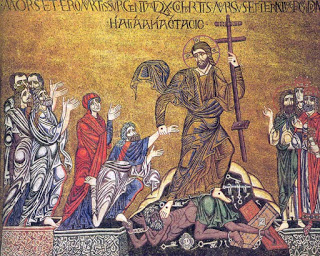
This hymn presents a clear theological statement: Death tries in vain to impede Christ’s entrance into Sheol. Having descended into it, he resurrects everyone there and leads them out. Sheol is left bare and destitute; there are no longer any dead inside. Only the evil spirits (demons), Satan, Death, and Sin remain waiting in Sheol for the second coming of Christ. On this day Death himself must hand over his victims to Christ. Ephrem does not segregate the prophets and the righteous from the rest of the dead but calls our attention to the fact that everyone is saved and resurrected in Christ.

